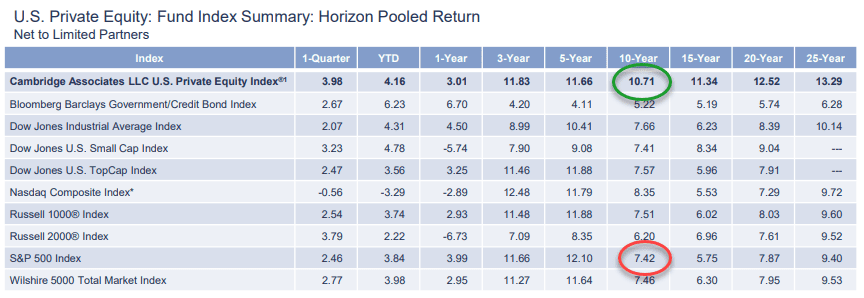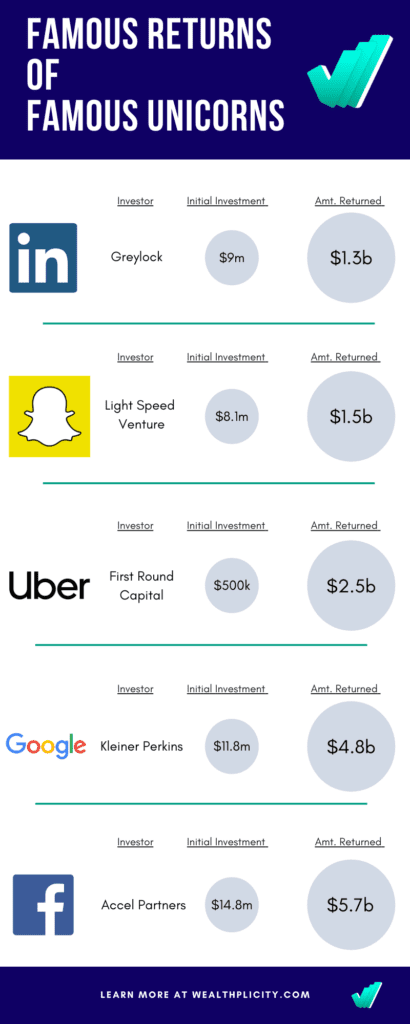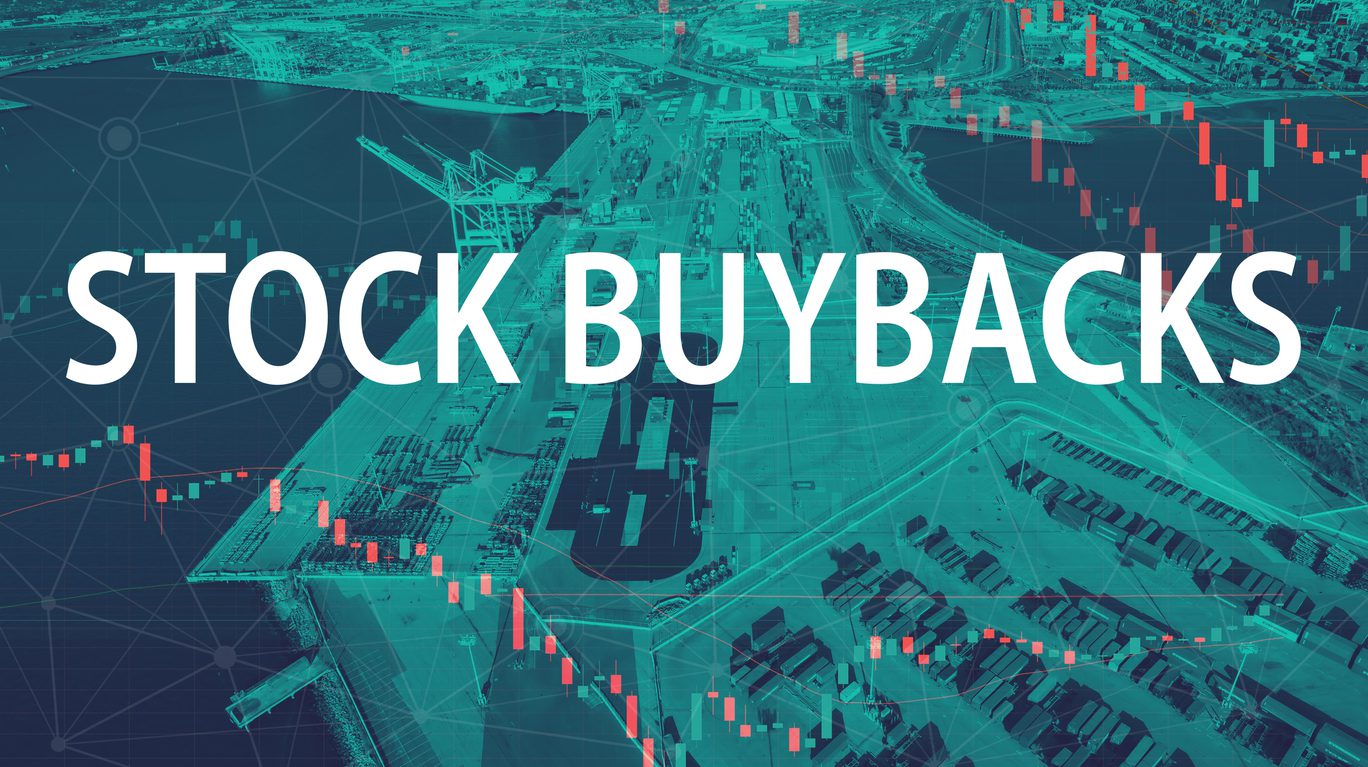What is Crowdfunding?
Crowdfunding is the practice of raising capital from friends, family or investors in order to fund a project, purpose, company, or donation. Typically, these funds are raised through social media or crowdfunding platforms.
There are several types of crowdfunding, but for those involved in equity Crowdfunding, the strategy has quickly become a lucrative investment alternative to the stock market.
An investment strategy once reserved for VC and private equity firms, the retail investor now has a shot at making serious returns without investing a single dollar in stock market.
Crowdfunding is still not a mainstream investment strategy because until very recently, in order to invest in a startup, you had to be an accredited investor. This means you would need an annual income of at least $200k for the past two years or a net worth of $1million dollars, so a lot of individual investors were left outside looking in at the private market.
It wasn’t until 2016, when Title III of the JOBS Act was passed in Congress, allowing non-accredited investors access to crowdfunding. And it’s little coincidence that since then, we have seen the emergence of incredible, new technology in the form of amazing startups.
Crowdfunding is an incredible phenomenon that now allows startups or entrepreneurs the ability to reach out to large numbers of individual investors to source new projects or startups.
On the investing side, retail, non-accredited investors now have accessibility to a market that has consistently outperformed the public market and, in some cases, returned 300-400x multiples on investor initial investment.
Crowdfunding Examples
There are several types of crowdfunding examples or categories which serve different purposes.
- Donation: Donation crowdfunding is usually seen on crowdfunding sites like GoFundMe, Donation crowdfunding where a person or company may give money to a person or cause without expectation of a return. Usually we see people in need, grassroot movements or even funding of a movie or music tour. While it’s not a typical investment because there is no expectation or return, it is an excellent philanthropic opportunity for people looking for charitable causes.
- Debt: Debt crowdfunding campaigns are run by individuals to secure money to pay off a debt. The commitment being that there is a promise of a return of a loan with agreed amount of interest.
- Equity based Crowdfunding: Equity crowdfunding is The most popular type of crowdfunding since the JOBS ACT passed several years ago. This is where a person would invest money in order to receive equity in a company. Even in real estate crowdfunding, a person is receiving equity in a property instead of a company. Equity crowdfunding allows entrepreneurs the ability to ask for money to a large audience rather than a Venture Capital firm.
- Reward Based: Reward Based crowdfunding is where an individual investing money in a campaign can expect to receive different levels of rewards based on the amount of money they invest. This type of crowdfunding has been around for a long time with examples like ASPCA or PBS giving certain “rewards’ like calendars, mugs or tote bags based on the amount of money an individual gives.
Crowdfunding has led to some amazing stories. Families who have endured tragedies have received amazing support from complete strangers who donate to help their cause. Or local heroes who displayed selfless acts get their entire college paid for through crowdfunding.
However, for retail investors, equity crowdfunding has become an outstanding alternative investment to the public market such as stocks and bonds.
To see the potential of investing in a startup, one only needs to turn to the numbers.
The Benefits of Equity Crowdfunding
Just like any investment, crowdfunding comes with risks. In fact, startups have a startlingly high failure rate throughout their first 10 years in existence.
However, if one invested an equal amount if 100 startups, it could only take 1 success to make up for the other 99 failures. That is how powerful private investing can be.
Take a look at the Cambridge Analytics 2016 U.S. Private Equity Index as it is benchmarked against the major public indices. Cambridge established a database to monitor investments made by VC in the private market and then compared it to the public market.

As you can see, on a 10 year basis, the private equity index out-performed the S&P500 by a whopping 44%.
Unicorns in Startup Investing
You may have heard the term “Unicorn” when it comes to startup investing. These are privately held startups with a value over $1billion. There are over 500 unicorns in the world and to understand the impact these companies can have as an investment, take a look at some of the most famous unicorns of all time.

As you can see, Investors with minimal capital (relatively speaking of course) were able to realize upwards of 5000x return on their investment as was the case with Uber. With Facebook and Google, investors realized closer to a 400x return on their investment. These are astronomical returns and obviously becoming the next Google is near impossible.
However, let’s say you invested $1,000 in five different startups using the crowdfunding site of your choice. Now, let’s say one of those companies was acquired or went public and you were able to realize a 50x return on your investment. You would have made $45,000 on a $5,000 investment.
Returns like these are rare, if ever seen in stocks and equities. That is the primary benefit of investing in startups with Crowdfunding.
Other benefits include networking with great individuals, learning a lot about technology and the process of starting a business. When it comes down to it, the potential money you could make with a successful angel investment trump all of that.
Best Crowdfunding Sites for Investors
At Wealthplicity, we have rated and ranked some of the top investment apps on the market. For our full list of reviews, please visit our “Best of Investing Resources Page“
As we discussed, there are a variety of crowdfunding platforms, so to find the best crowdfunding site for you, depends on what you are looking for.
We took a close look at the best crowdfunding sites for investors and judged their performance on critical criteria.
- Investor Fees -How much does it cost to use the platform and how complicated is the fee structure
- Deals – What is the total number of deals available and is there a good variety?
- Investor Requirements – Does the investor need to be accredited? What is the minimal investment required?
- Usability – How user friendly is the platform?
- Transparency – How hard is it to find critical information such as risk and results from deals?
With this criteria in mind, some of the best crowdfunding sites for investors are:
Yieldstreet
best for:
Passive Real Estate Investors, Real Estate Crowdfunding, Alternative Investors
Risks of Crowdfunding
The risks of crowdfunding are much like the risks of any other investment.
- If the investment doesn’t work out, you stand to lose your vested money.
- There is a slim margin of startups that make it to IPO – around 90% don’t make it.
- A lot of startups at the time of funding are still in the idea phase which means they don’t have a consistent revenue stream, customer base or actual product
Going public isn’t the only option for making money. There are a lot of major brands rapidly acquiring new startups every day. With the emergence of technological advances, major corporations have found it more efficient to simply acquire these startups rather than build the technology themselves.







